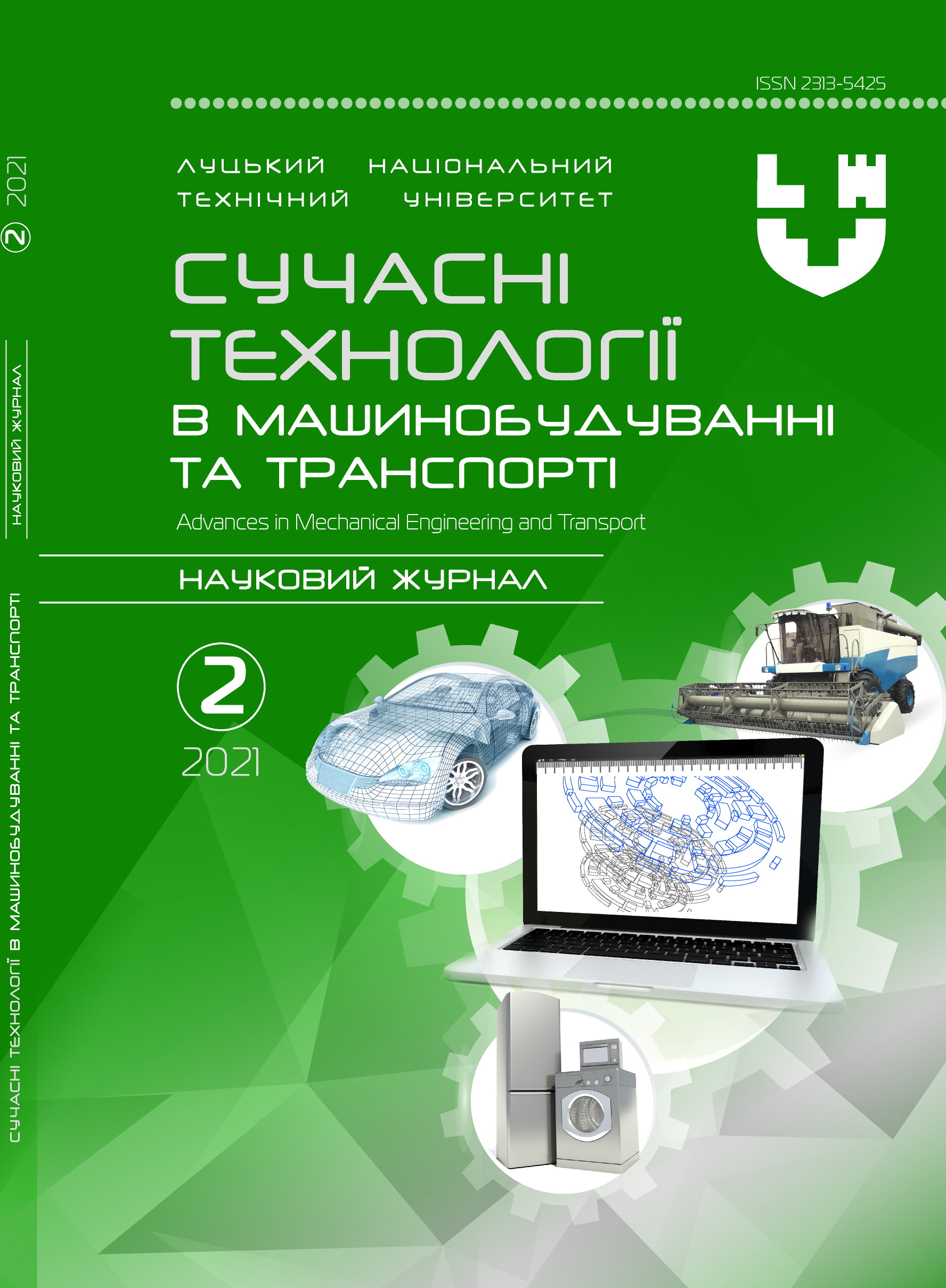Development of methods of operational planning of vehicles on long city routes
Abstract
Currently, the successful operation of all sectors of the economy is impossible without efficient transport services. The organization of transport should ensure the efficient supply of industrial production, agriculture, other sectors of the economy, as well as meet the needs of the population in transportation from a systemic standpoint. An integrated approach to the organization and planning of transportation requires the achievement of minimum costs both in the entire transport service system and in its individual elements. The solution of this problem is impossible without replacing the existing technologies and methods of organization and planning of the transport process with modern ones.
Modern requirements for the organization of the transportation process and the quality of transportation performed by road dictate the need for new organizational and technological solutions in transportation planning using program-targeted and logistical principles.
The existing organization of the operational planning system does not always meet the real needs of participants in the process of road freight. The main disadvantage today is that the methodological framework is segmented and describes the individual stages of planning the transportation process. The methods working today are devoted to certain tasks, such as determining the optimal load capacity of the rolling stock, calculation of technical and operational indicators, including the required number of cars, distribution of rolling stock on request using linear programming methods, scheduling of cars, calculation of costs for transportation and others.
Execution of such a variety of disparate operations and tasks in modern conditions without a comprehensive approach to their solution, as well as without automation of processing significant amounts of information is inefficient.
In addition, the methods of calculating the required number of cars have serious errors, this is expressed in the discrepancy between the calculated and actual values.
Despite the fact that in recent years there has been an active development and implementation of automated document management and vehicle planning programs for motor transport enterprises, currently there is no methodology that provides comprehensive planning and solution of the above tasks taking into account the specifics of long-distance transportation. motor transport in Ukraine are associated with the intensive development of long-distance road freight transport.
Key words: transportation, technical and operational indicators, long-distance route, system, operational planning, application, methodology, algorithm, automation, methodological base.




